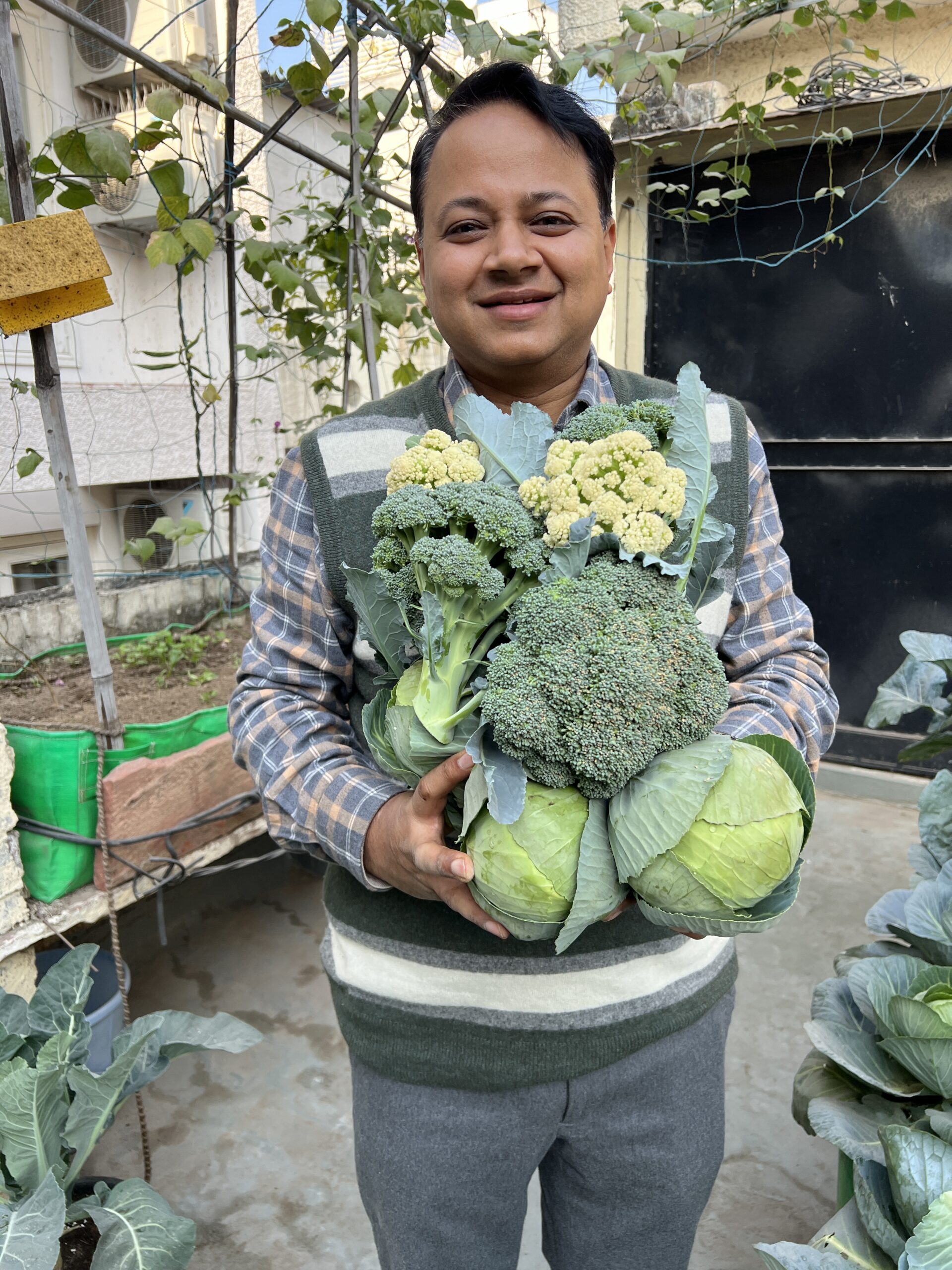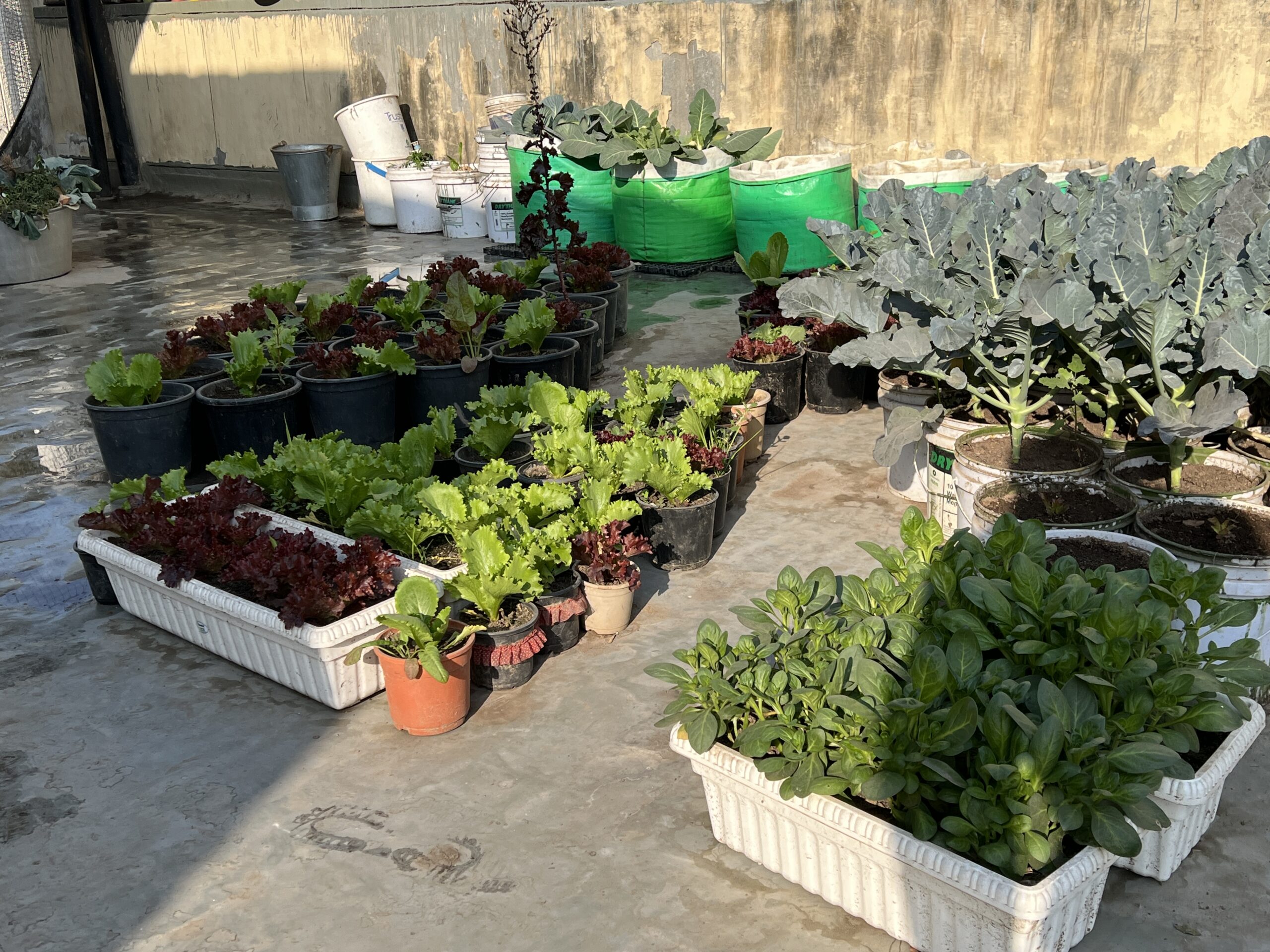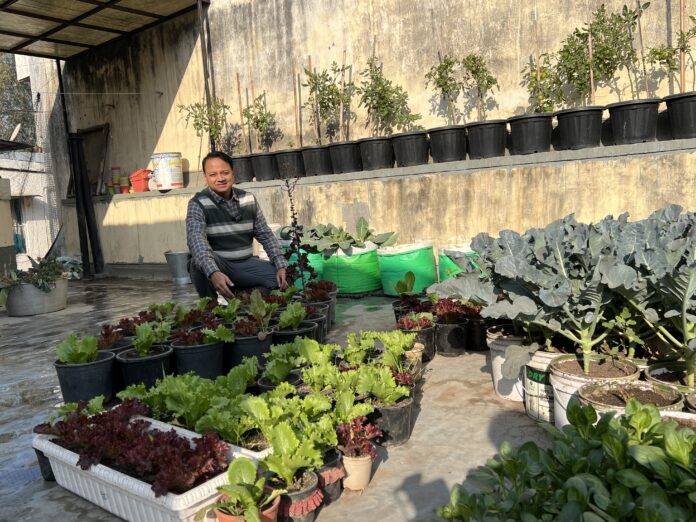In present times, the idea or trend of growing your own food has gained much popularity, and that too for good reason. An organic kitchen garden is not just a sustainable & eco-friendly way to provide the freshest produce for your table, but it offers a host of benefits for your health, your wallet, & most importantly your well-being as well. No matter if you possess a sprawling backyard or merely a small balcony where you engage in your passion of gardening, creating an organic kitchen garden can prove to be a rewarding & very fulfilling experience.

Why Go Organic?
Planning to grow an organic kitchen garden usually means committing to practices that avoid any kind of synthetic pesticides, herbicides, & fertilizers. Instead, you rely on various natural methodologies to nourish all your plants & likely protect them from various harmful pests. Organic gardening not just manage to produce healthier, and absolutely chemical-free food but also at the same time contributes to a healthier environment. By avoiding various harmful chemicals, you can very well help in maintaining the balance of the local ecosystem in sustainable way, supporting beneficial insects like butterflies & bees, and to ensure that your garden is an absolutely safe place for your kids and pets.
Starting Your Organic Kitchen Garden
Starting an organic kitchen garden is much simpler than you might even think of. Here’s a step-by-step guide to help you get started:
- Choose Your Space for Organic Kitchen Gardening – No matter if it is a plot of land in your backyard, a small series of pots on your balcony, or even a windowsill, the very first step is to choose the right spot for organic kitchen gardening. Most of the vegetables & herbs require at least six hours of sunlight every day, so pick a sunny location for the same.
- Prepare & Make the Soil Ready – Healthy soil is the foundation of an organic garden. In case you are gardening in the ground, you should necessarily enrich your soil with the help of organic compost or some well-rotted manure to optimally boost its overall fertility. In case you are using pots, you should necessarily opt for organic potting mix in order to give your plants the best start.
- Select Your Plants – Start with vegetables, herbs, & fruits that are easy to grow & are well-suited to your local climate. Basil, tomatoes, lettuce, & peppers are very popular choices for the beginners. You need to be very sure to wisely choose organic seeds or seedlings in order to keep your garden truly organic.
- Water Wisely – Water your plants very early in the morning or late in the evening to minimize the unwanted evaporation. Use a watering can or some drip irrigation system to deliver water directly to the roots, where it is most needed.
- Natural Pest Control – In case of an organic garden, it is crucial to manage pests naturally. You may encourage certain beneficial insects, like ladybugs & spiders, to help control the pests. You can also use some homemade remedies like garlic spray, neem oil, or soapy water to keep unwanted visitors at bay.

A well-maintained organic kitchen garden is more than just a source of fresh and healthy food. It is a great way to live more sustainably & healthily. No matter if you are growing a few herbs just on your windowsill or you are cultivating a full vegetable plot, the exciting journey of nurturing your own plants is indeed a rewarding one. You should preferably start small, thoroughly enjoy the complete process, & watch your garden—and your love for gardening—grow!



